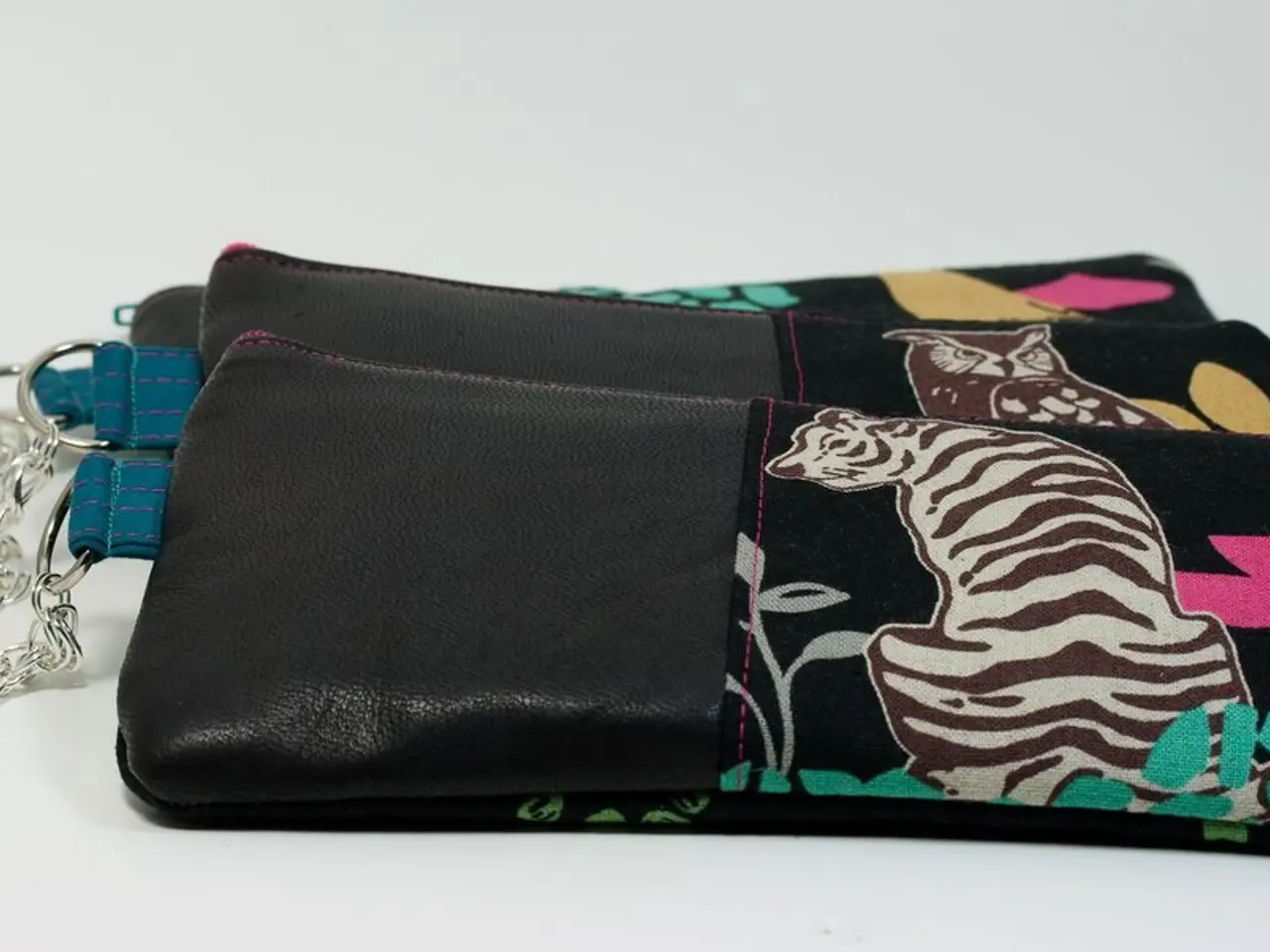Cryptocurrency pioneer, Apollo, introduces a tokenized credit fund aimed at fusing the digital and traditional finance sectors.
In a groundbreaking move, Apollo Global Management has ventured into the world of blockchain-based finance by introducing the Securitize Tokenized Apollo Diversified Credit Fund (ACRED). This innovative fund aims to capitalize on the benefits offered by blockchain technology, such as enhanced transparency, efficiency, and resilience [1][2].
The integration of blockchain enables faster, cheaper transactions, real-time financial operations, and new customer engagement methods. Tokenization also allows fractional ownership and continuous trading access [4]. However, these benefits come with several risks and challenges.
Regulatory uncertainty and legal protections pose a significant hurdle, as tokenized assets may face unclear legal protections, risking investor safeguards and compliance with securities laws. This regulatory ambiguity can hinder trust and institutional adoption [1][4].
Blockchain introduces unique operational risks, such as smart contract vulnerabilities and irrevocable transactions, that traditional risk frameworks don't fully address. Effective segregation of assets on-chain and off-chain, institutional-grade custody, and insurance against failures or theft are crucial to bridge the trust gap for traditional investors [3].
AML/KYC compliance also presents opportunities and challenges. While blockchain can improve anti-money laundering and know-your-customer protocols, maintaining alignment with evolving regulations demands ongoing updates and collaboration among industry actors [5].
Gauntlet has been tasked with offering real-time risk monitoring to mitigate challenges in ACRED [3]. The fund is structured as a tokenized feeder vehicle that replicates the investment profile of Apollo's Diversified Credit Fund. ACRED tokens are priced based on daily net asset values to reduce volatility, and a minimum investment threshold of $50,000 and a 2% management fee apply [6].
Redemption in ACRED is limited to once per quarter, with Apollo committing to repurchase a minimum of 5% of shares each cycle [6]. Following an ACRED purchase, investors can generate an additional token known as sACRED, which can serve as collateral on decentralized finance (DeFi) platforms [7].
The transformation in DeFi's purpose is evident, with a shift towards financial products rooted in real-world assets like corporate credit. Coinbase Asset Management has been identified among the early participants in ACRED [8]. Industry figures suggest this shift reflects growing interest from macro hedge funds, family offices, and early traditional finance participants in on-chain financial instruments [9].
DeFi's composability enables strategies unfeasible within traditional finance, potentially attracting investors even during less favorable interest rate environments. However, exposure to fluctuations in borrowing costs, coding vulnerabilities, or liquidity issues could lead to investor losses in ACRED [2].
A decline in the fund's net asset value could trigger the automatic liquidation of substantial loans backed by sACRED [10]. Drift, a project operating on the Solana blockchain, is preparing to offer sACRED to select users, as some traders integrate traditional credit products with blockchain-based leverage tools [11].
The move by Apollo into blockchain-based finance aligns with a broader trend observed across Wall Street, with firms like BlackRock and Franklin Templeton also exploring digital rails to tap into emerging liquidity pools [9]. The value of ACRED is directly linked to the performance of the underlying loan assets, and investors can earn interest from the loans themselves [12].
Investors in ACRED receive digital tokens instead of paper-based statements, which are stored securely in personal crypto wallets and recorded on blockchain infrastructure [8]. This shift towards digital assets reflects the growing interest in on-chain financial instruments and the potential for traditional finance to leverage blockchain technology to unlock operational efficiencies and innovative financial product structures.
- The Securitize Tokenized Apollo Diversified Credit Fund (ACRED), designed by Apollo Global Management, emphasizes the potential for technology to revolutionize finance, particularly through the use of liquidity pools and blockchain-based infrastructure.
- As blockchain technology continues to advance, we can anticipate the proliferation of innovative investment opportunities like ACRED, which leverages technology to offer digital assets for investing in real-world assets such as corporate credit, thereby bridging traditional finance and decentralized finance (DeFi).




